Dig Into the History of EA & Origin's Merger



The Digital Antiquarian has posted a lengthy and exhaustive look at Origin history circa 1992-1994. The focus is on the company's acquisition by Electronic Arts, which is a great subject to dive into. Over the years, there's been something of a mythology built up around the topic with some assuming there was a hostile takeover, that it happened much later than it actually did, and that Origin was immediately stifled and had its creative freedom axed. The reality is more nuanced, and there were both significant positives as well as negatives as the deal unfolded.
At its core, rising development costs/longer development cycles, the cost of production/distribution of floppy disks and next-generation investment needed for the oncoming multimedia wave all contributed to the situation. Origin was at significant risk of being able to stay in business and fund many of the great things they did in the mid '90s, and Electronic Arts was the fuel for that growth. The article notes that within months of the transaction, Origin moved into its large iconic new campus and began a hiring spree that doubled the size of the company. Meanwhile, there were a handful of disappointments in the 1992-1993 area that very well could have prevented amazing games like Strike Commander and Wing Commander 3 (not to mention masterpieces like Wing Commander 4) from being produced in their final forms.
The article ends somewhat abruptly with the launch of Wing Commander 3, but for those who don't know the history, despite its unprecedented budget, it was an enormous success. This then had implications for Wing Commander 4 and ultimately Prophecy. Origin's endgame in the 1999-2004 years were an even more complex set of circumstances, but that's an entire story unto itself. Although EA was ultimately responsible for the decisions that resulted in Origin's demise, many of the great mid '90s classics that we enjoyed were made possible by the company's investment in OSI. For much more backstory on the topic, check out the full Digital Antiquarian piece here.
Origin had good reason to play it safe now in this respect and others. When the one-year anniversary of the acquisition arrived, the accountants had to reveal to EA that their new subsidiary had done no more than break even so far. By most standards, it hadn’t been a terrible year at all: Ultima Underworld II, Serpent Isle, Wing Commander: Academy, and Wing Commander: Privateer had all more or less made money, and even Strike Commander wasn’t yet so badly underwater that all hope was lost on that front. But on the other hand, none of these games had turned into a breakout hit in the fashion of the first two Wing Commander games, even as the new facilities, new employees, and new titles going into development had cost plenty. EA was already beginning to voice some skepticism about some of Origin’s recent decisions. The crew in Austin really, really needed a home run rather than more base hits if they hoped to maintain their status in the industry and get back into their overlord’s good graces. Clearly 1994, which would feature a new mainline entry in both of Origin’s core properties for the first time since Ultima VI had dropped and Wing Commander mania had begun back in 1990, would be a pivotal year. Origin’s future was riding now on Ultima VIII and Wing Commander III.Thanks to Ultima Codex for the tip!


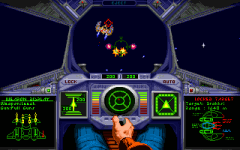
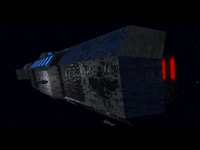


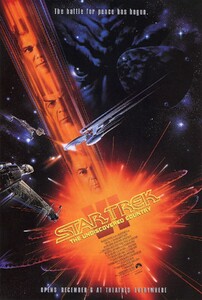




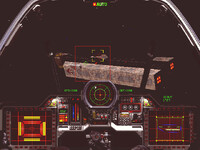





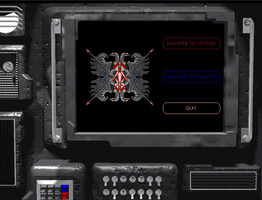
Follow or Contact Us